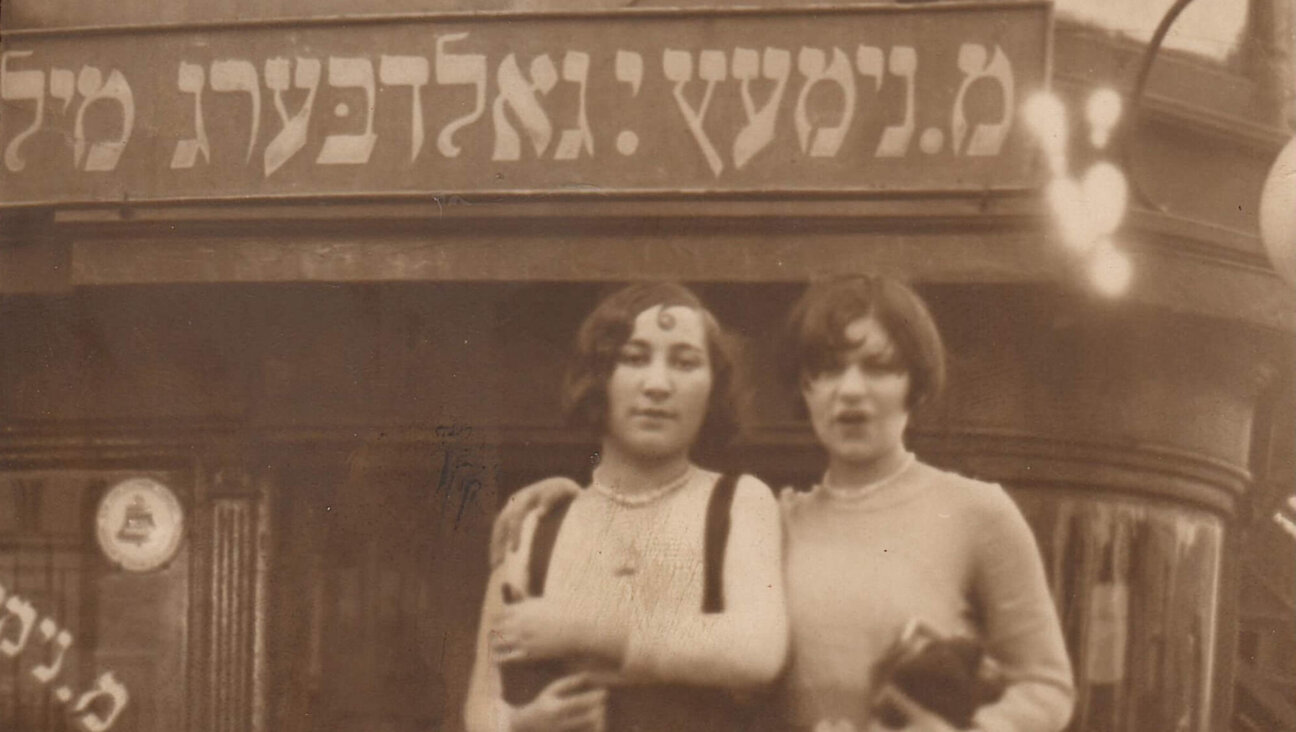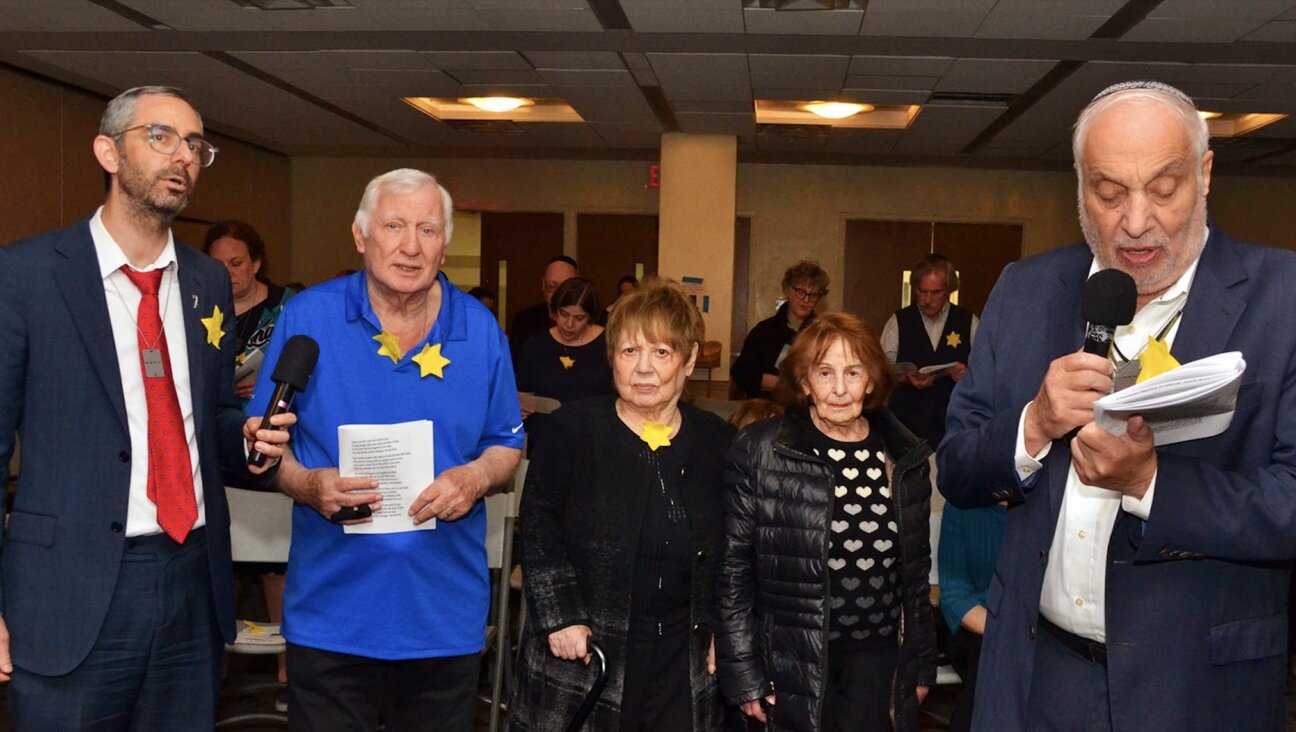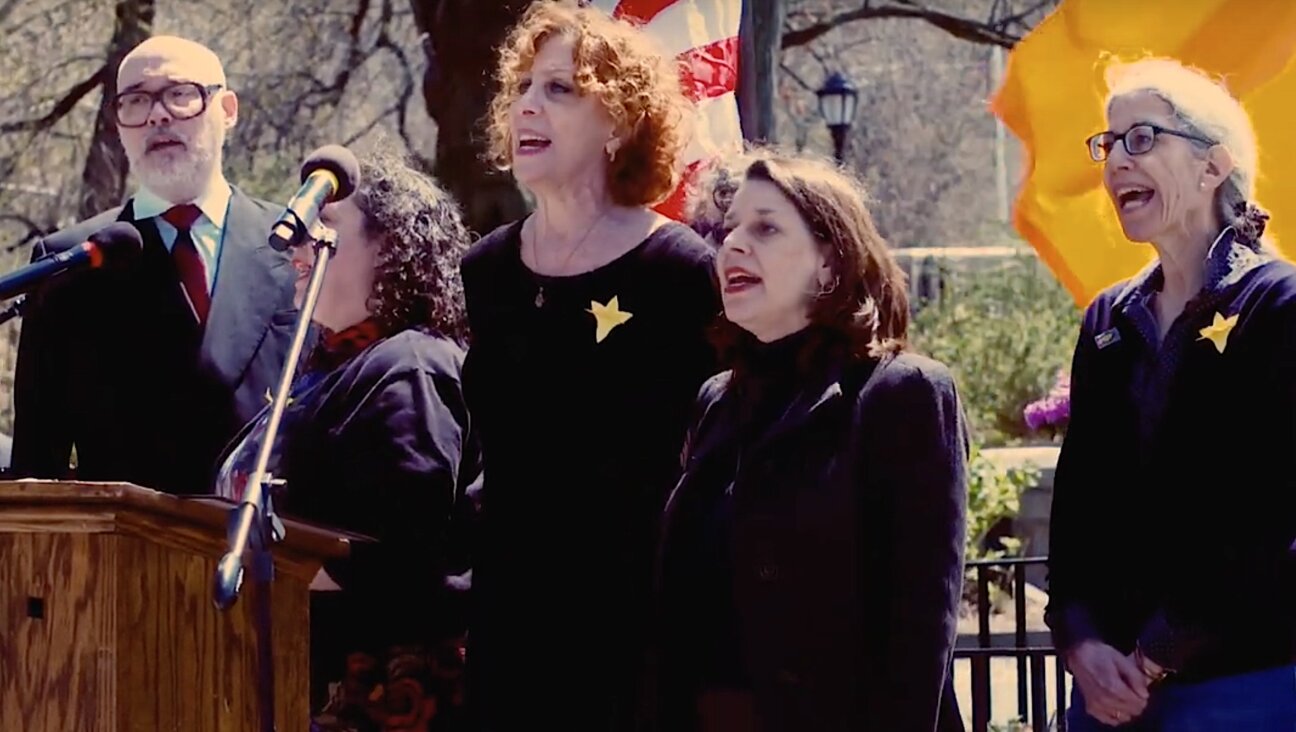How we Jews deal with forgetfulness and other signs of aging

Image by Getty Images
Last summer, as we hosted a number of friends for brunch at our new home in Newport, Rhode Island, there was one question that kept coming up. After the initial “How was the traffic?” and the well-known COVID-related question, “Are you hugging these days?” we would walk out onto the patio, make ourselves comfortable and then more questions would follow: “What are your kids up to now?” or “What will you do with yourself when you’re no longer working?”
Then, halfway through the meal, the question came up that got everyone talking, sighing, and krekhtsing, or complaining: “So how is your health?”
At the moment, kinehora, no one in our circle has a life-threatening illness. But just about everyone is grappling with second-tier medical conditions. My brother-in-law’s hernia prevents him from bending down or lying prone; my friend’s husband has developed an essential tremor. My cousin has migraines that started during menopause, and my husband was recently assaulted by a non-stop ringing in his ears.
That’s on top of everyone’s hip replacement surgeries, insomnia, aching backs and forgetfulness. As Jackie Mason once said, “It’s no longer a question of staying healthy. It’s a question of finding a sickness you like.”
Jokes aside, these conditions remind us that our bodies are no longer the shining examples of endurance and resilience they once were and that our physical selves have a limited time warranty. When we were young, we unconsciously followed the dictum: Az a mentsh iz gezunt, maynt er az es kumt im azoy (When a person is healthy, he’s sure that he deserves his good health). But now, our sense of entitlement begins to teeter.
A colleague of mine puts these medical conditions into two categories: specific and generic. The specific conditions – a tremor, a tumor, a stroke, Parkinson’s – are harder to accept. They seem directly targeted at us with no apparent cause. The generic conditions would be things like diminishing energy, wonky bladders, testy joints, insomnia, lack of word retrieval. It’s not that those conditions don’t cause us anguish, but they’re expected when you age. We have lots of company when our knee aches or when we struggle to recall someone’s name. It’s hard not to feel let down as our systems fray at the edges. How much do we fight this and how much do we accept?
As in many of life’s deeper questions, the answer is two-pronged. Of course we fight to get better, to get relief, and we use whatever means are available. If we run out of medical options, we try other approaches. Acupuncture not working? Try homeopathy! Chiropractor not helping? Seek out the Alexander Technique!
We can experiment with diet, supplements, and meditation as we look for something that works for our particular bodies and nervous systems.
Sometimes though, no matter what we try, we can’t shake certain conditions. And that’s where acceptance comes in, or at least reconciliation. You reconcile yourself to the situation, with as much grace, humor and non-bitterness as is possible. You make adjustments to your home, your schedule, the way you travel; you try to be grateful for what you can still do.
That isn’t always possible of course – sometimes the pain or disability is too overwhelming and our spirits crumble under all that weight. It breaks our hearts if we watch that happening to those we love.
Yet the majority of us will soldier on and continue to calibrate our place on the healthy aging spectrum. If we can still walk, read, and figure out how to Zoom – that’s good. If we can get out of bed, carry our groceries and stay up on New Year’s Eve – iz nokh beser, it’s even better.
Next summer, I hope that hugging our guests won’t give us a moment’s concern. Out on our patio, we will once again discuss what our children are up to, and the pros and cons of retirement. With luck our list of symptoms will not have grown. On this road ahead, it’s good to spend time with people our age so that we can compare life’s guideposts and, when needed, krekhts together.
A message from our Publisher & CEO Rachel Fishman Feddersen

I hope you appreciated this article. Before you go, I’d like to ask you to please support the Forward’s award-winning, nonprofit journalism during this critical time.
At a time when other newsrooms are closing or cutting back, the Forward has removed its paywall and invested additional resources to report on the ground from Israel and around the U.S. on the impact of the war, rising antisemitism and polarized discourse.
Readers like you make it all possible. Support our work by becoming a Forward Member and connect with our journalism and your community.
— Rachel Fishman Feddersen, Publisher and CEO






















